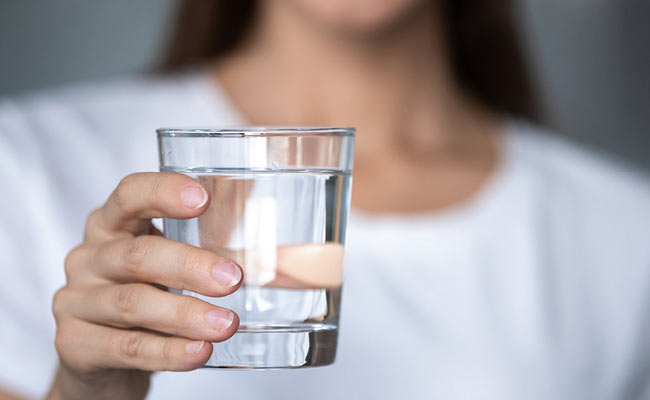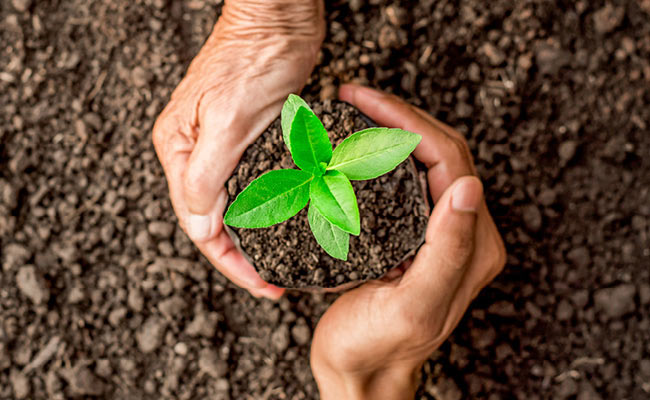Environment Bottled water waste

The global consumption rates of bottled beverages have been notoriously known to create an enormous environmental hazard, for decades. Yes, pulling the next bottle out of the vending machine or the nearest convenience store is easy and convenient. But this comes with a great cost to our planet! Reducing the skyrocketing consumption rates of bottled beverages is the only real action to take to make a substantial impact on this matter.
In a brief, significant parts of the population do not trust the safety of their tap water for various reasons, or they simply just do not like the taste, so they turn to plastic bottled water. The ever-growing popularity of bottled water results in massive amounts of plastic waste and is extremely harmful to the environment. The high level of consumption and the bottled water popularity has many negative impacts:
Plastic Pollution: most produced PET bottles are discarded and pile up in garbage dumps and landfills. A significant percentage of the discarded bottles find their way to the ocean and due to their long “lifespan” they do not degrade and pollute many ecological systems. At the municipal level, piled-up plastic bottles waste causes, in some cases, blockage in sewer systems or other pipelines.
GHG Emissions: a high level of carbon is generated during the comprehensive process of production, transportation, storage, and sales of the bottled water. The carbon footprint is generated in almost every step of the process: bottle manufacturing, water pumping, water treatment, transporting, distributing and finally the cooling of the bottles in stores. The long-term effects of this accumulated carbon footprint which contribute to global warming are an issue that must be addressed.
Public places can adopt a sustainable alternative such as Point of Use filtration systems, but it must be a comprehensive solution in terms of safety, hygiene, taste, temperature, and efficiency in high volume sustainability.





